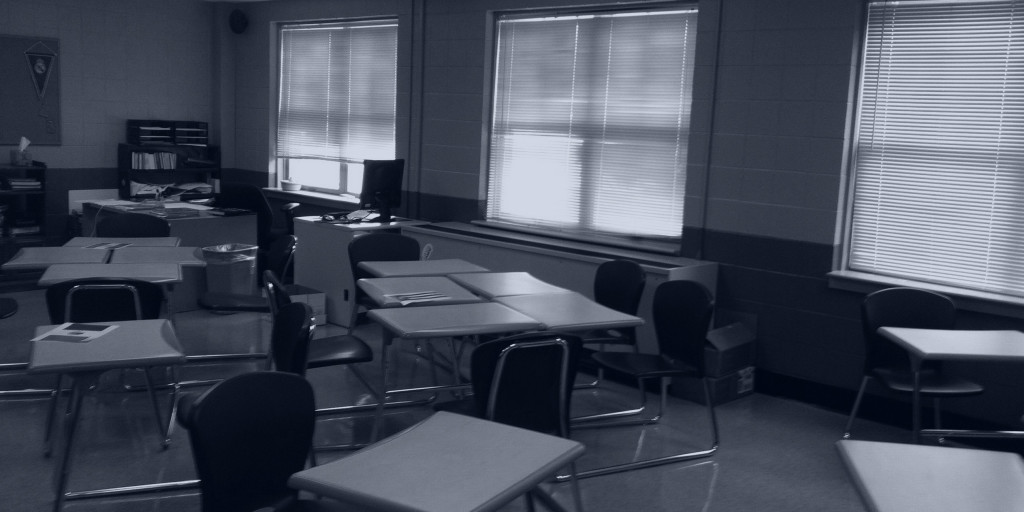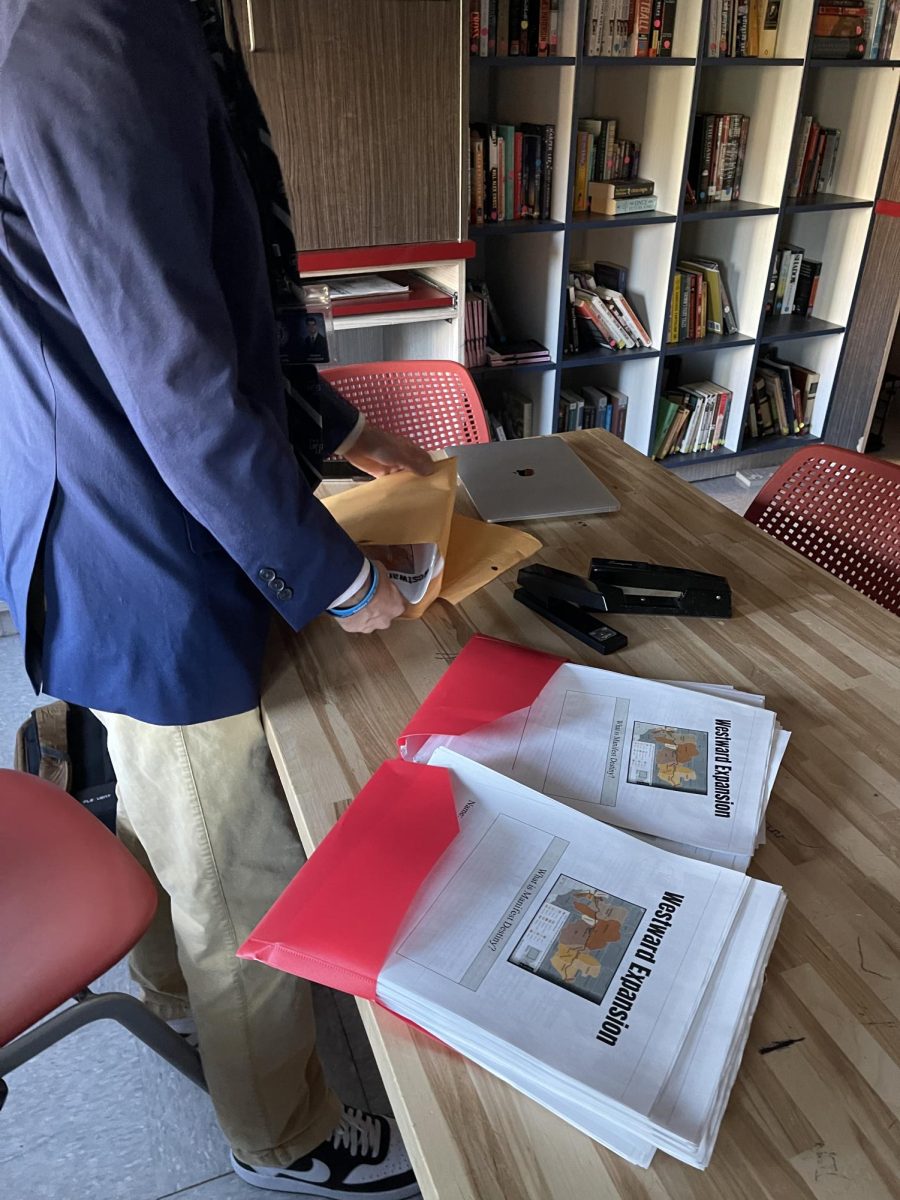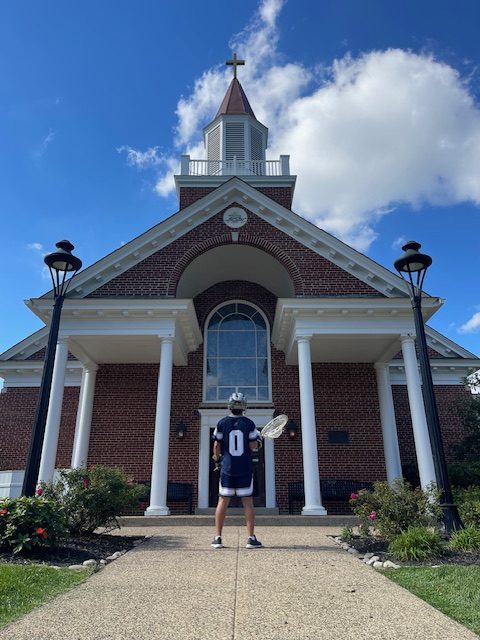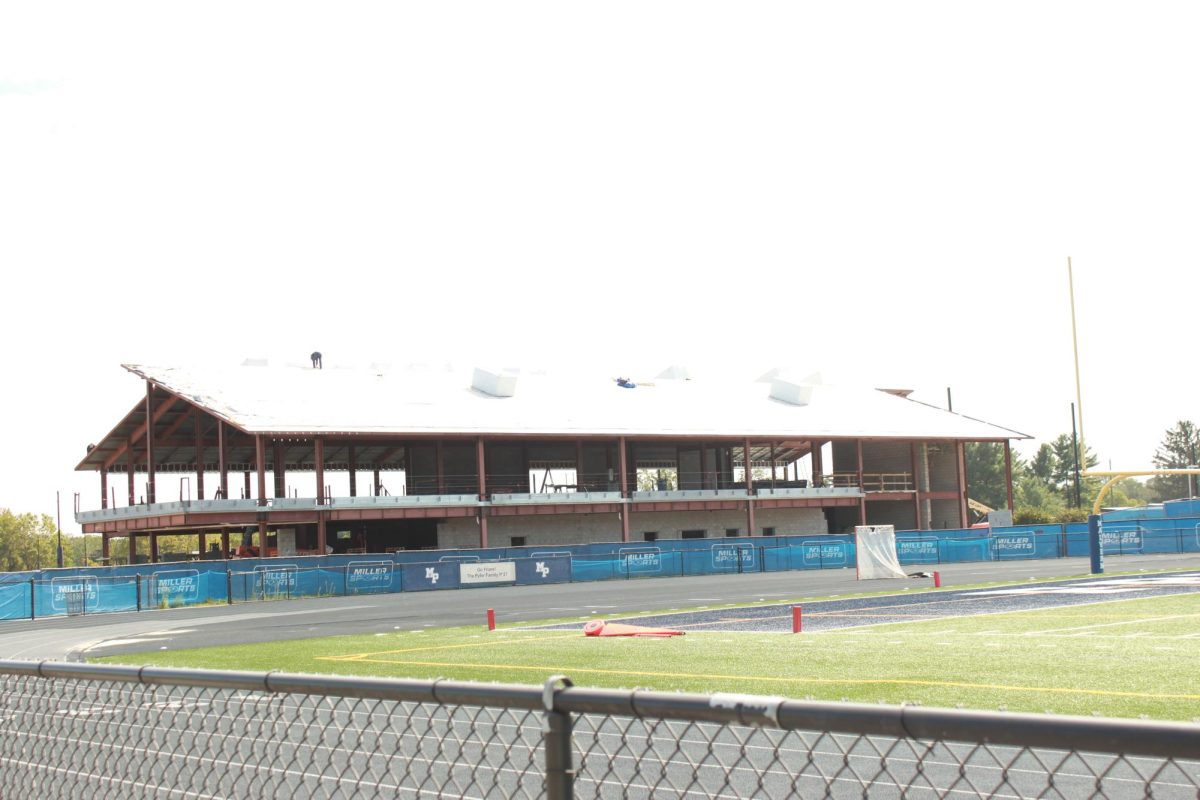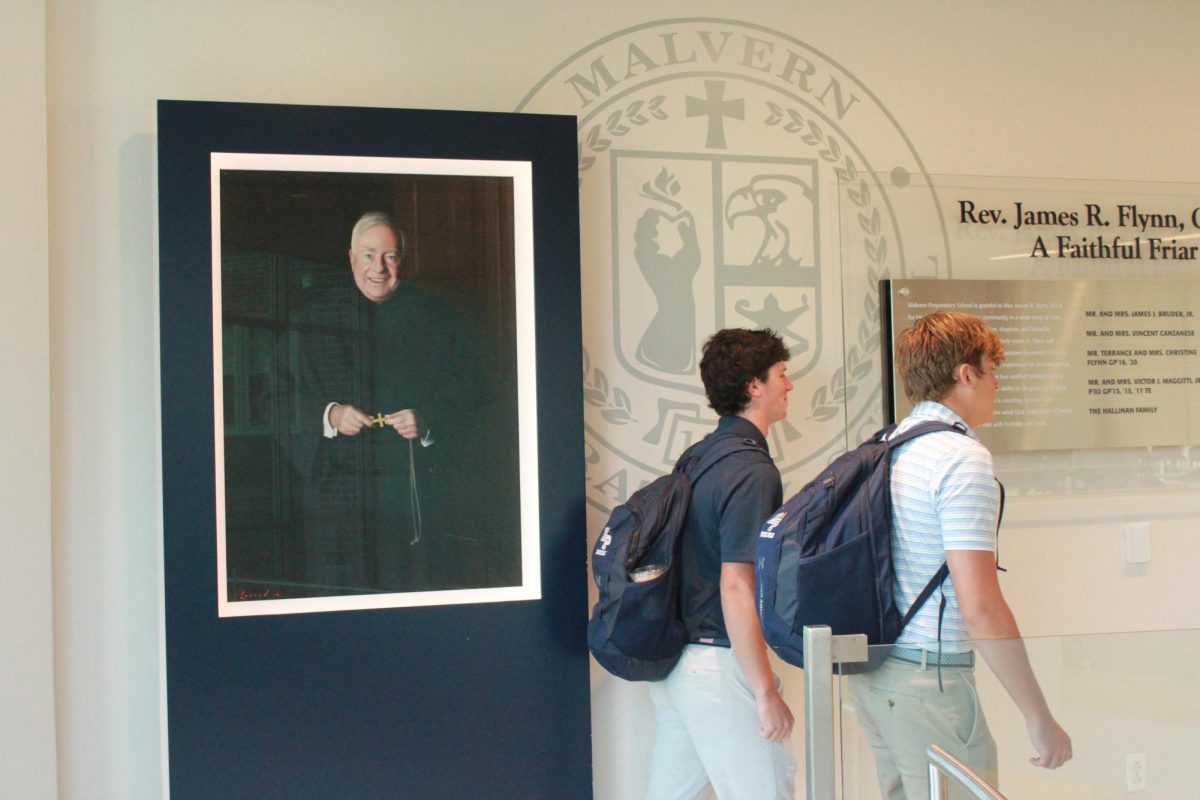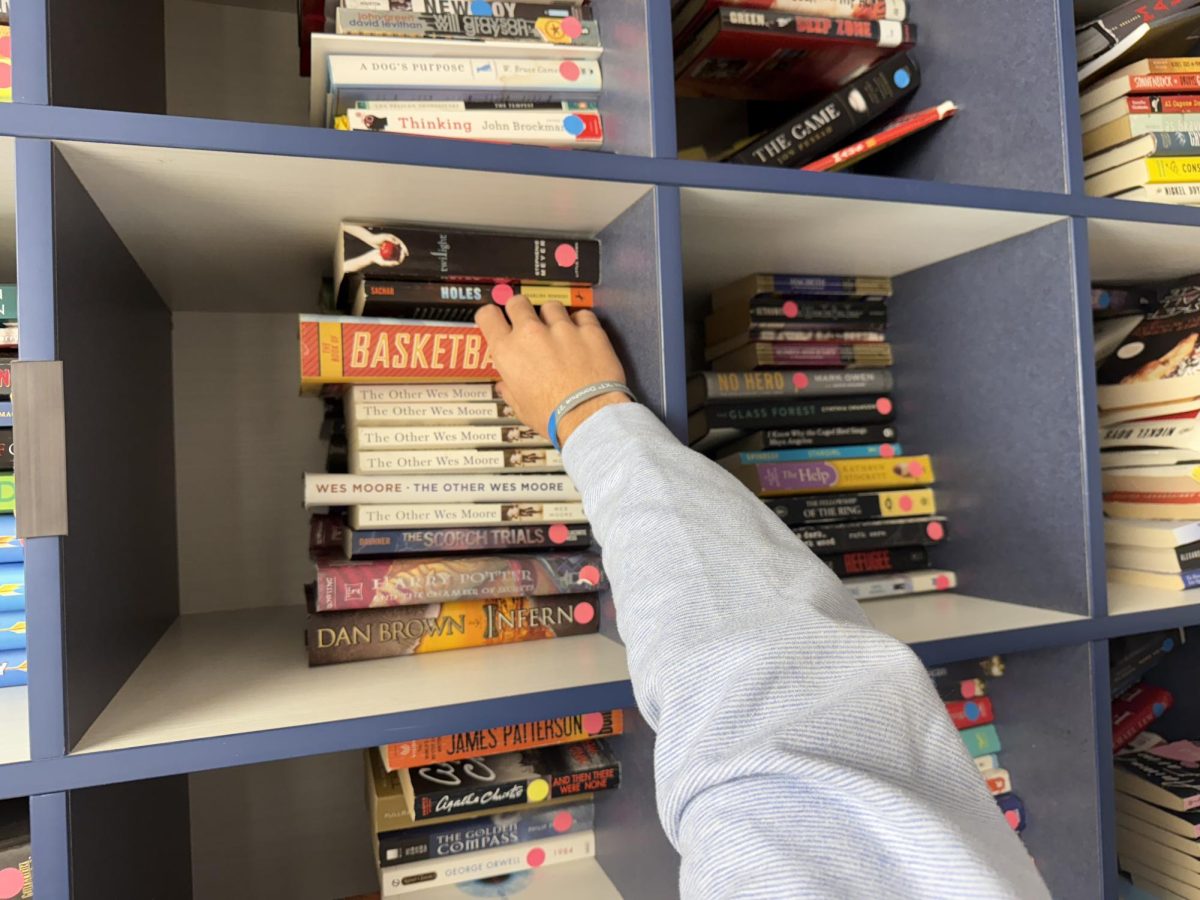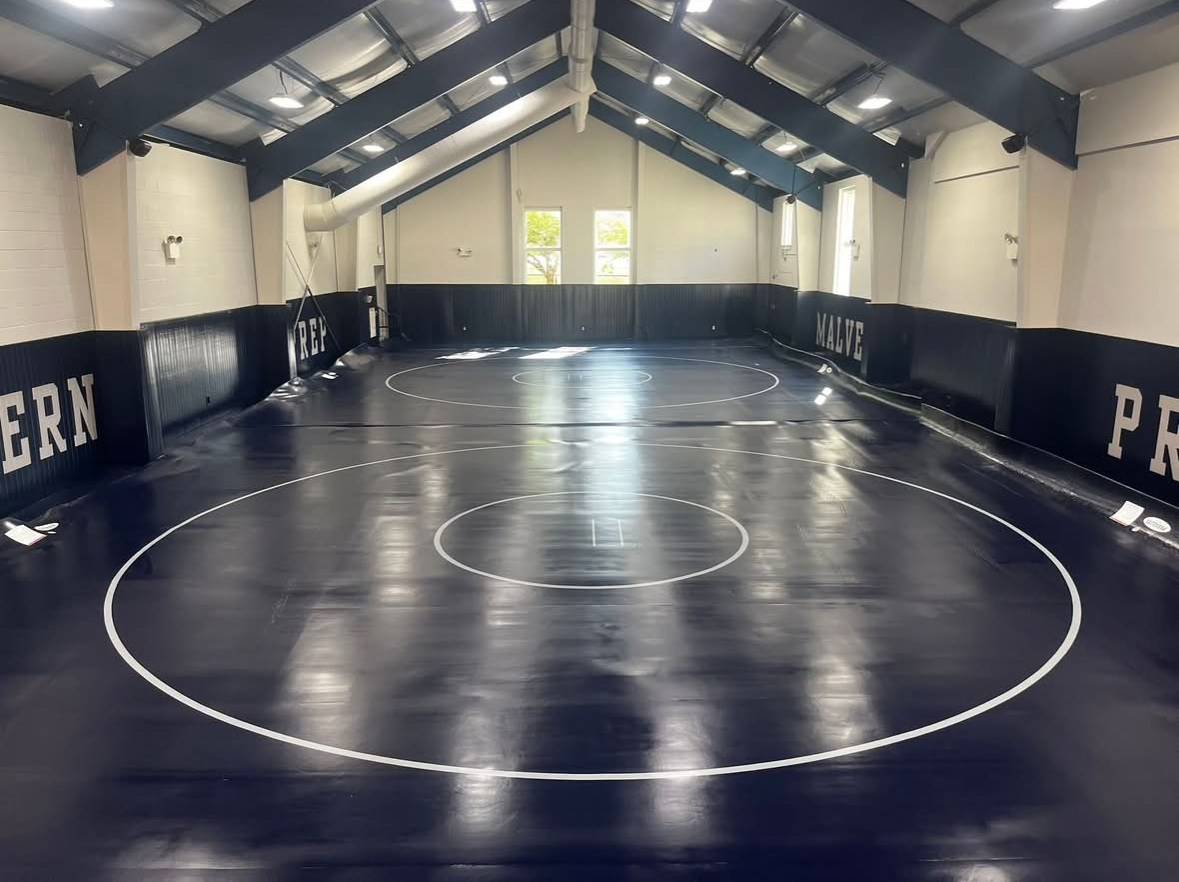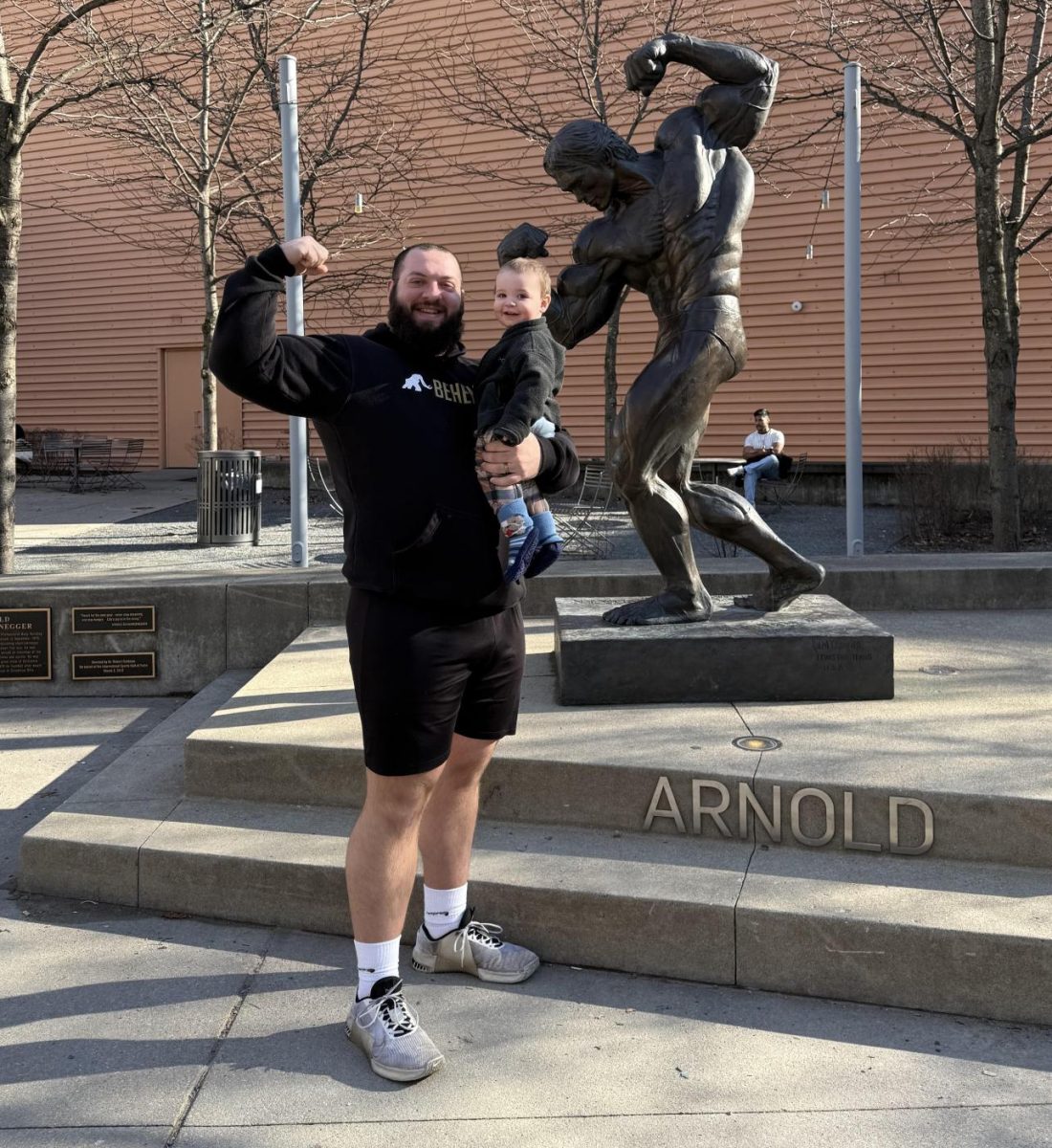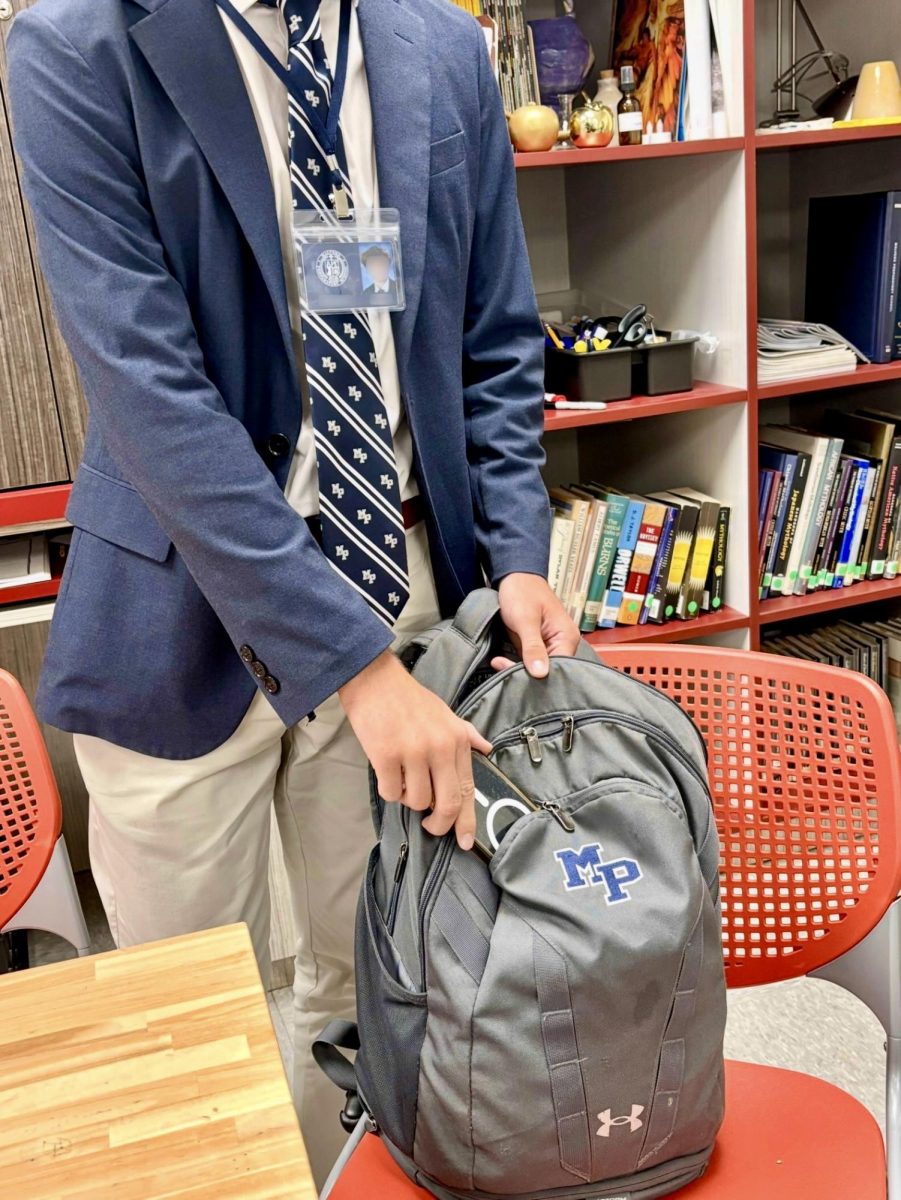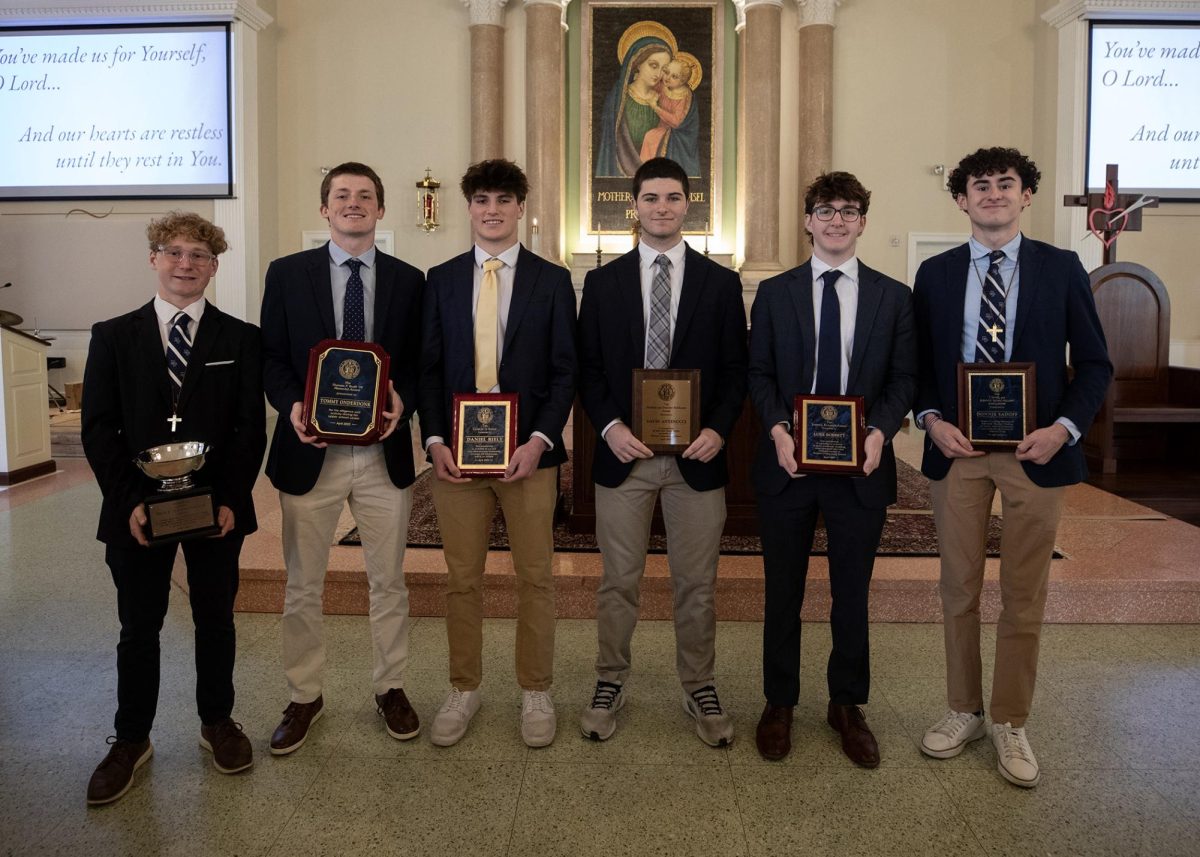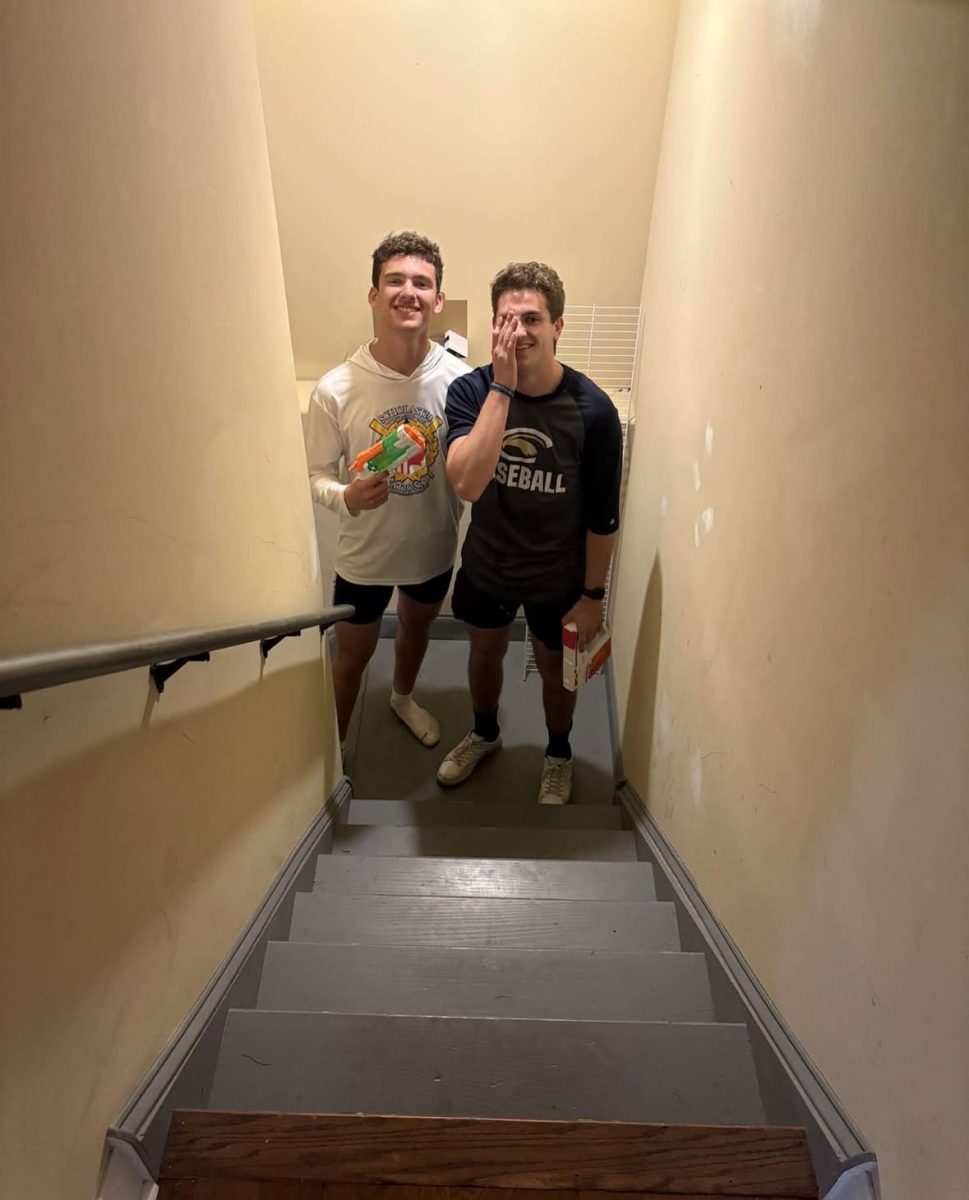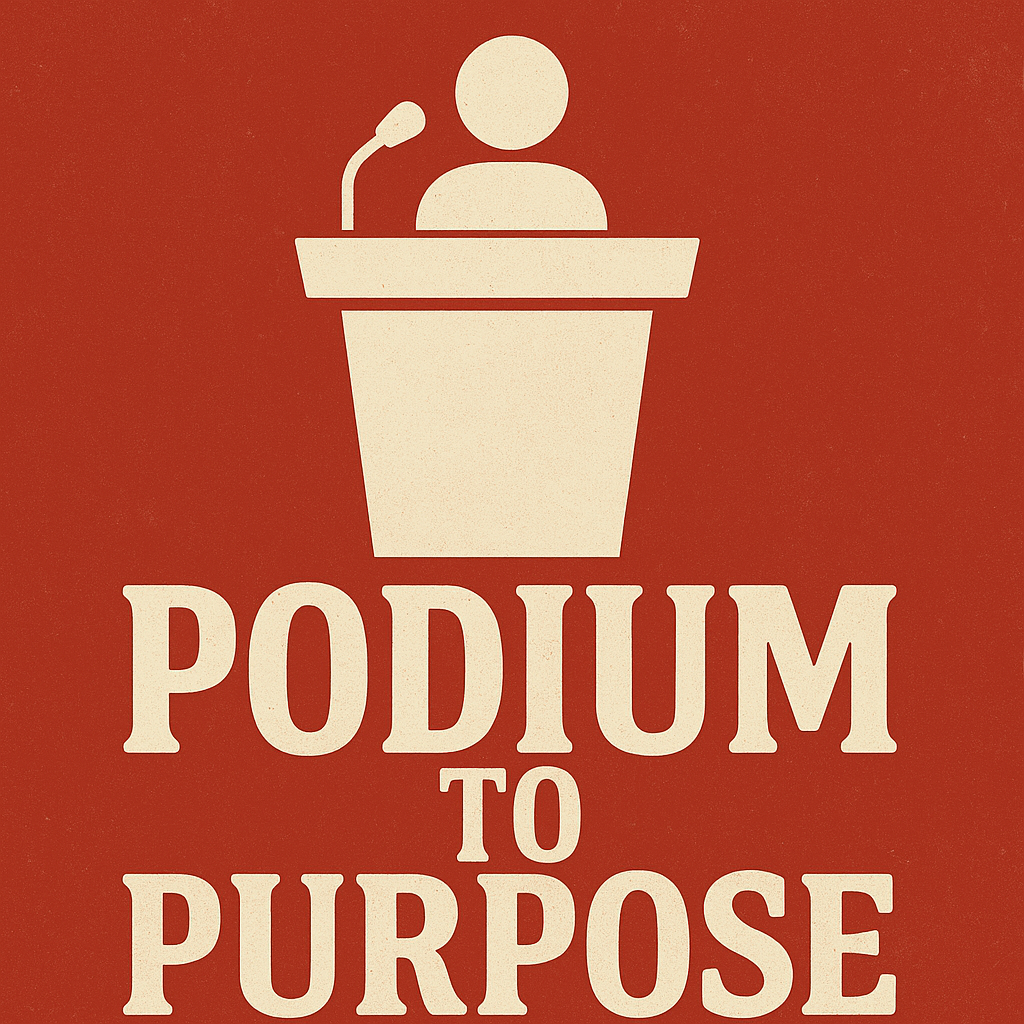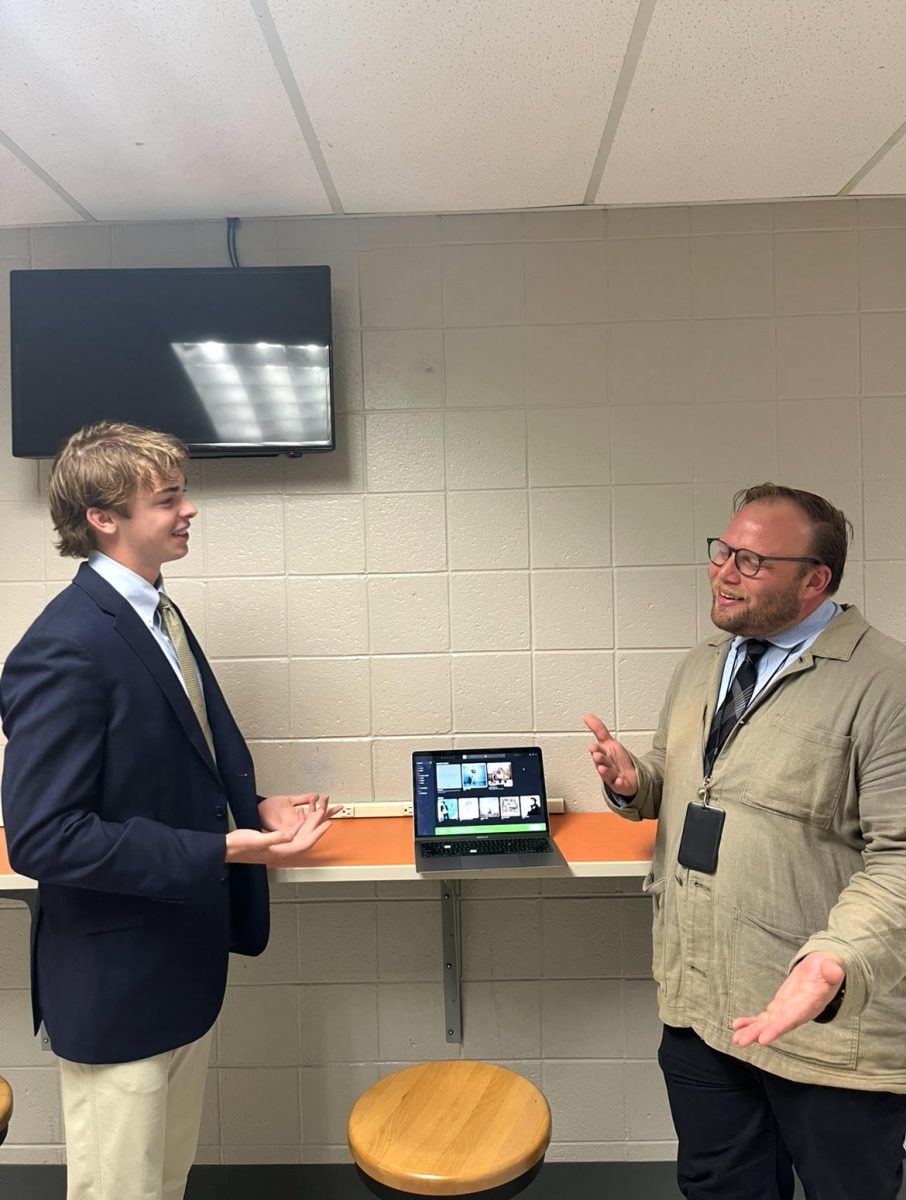Will the academic community outside of Malvern value project based learning as much as core knowledge courses?
Over the past two years Malvern has worked diligently to incorporate project based learning into the curriculum. Students have even had projects in place of a regular final exam in some classes. However, starting next year Malvern will be implementing two completely new classes rooted solely in project-based learning.

The first of the new classes is Social Entrepreneurship. The class is being developed by Head of School Mr. Christian Talbot along with Theology teacher Mr. Andrew DiDomenico, History teacher Mrs. Harriet Lappas, English Department Leader Mr. Rogai, and Director of Experiential Learning Mr. Aaron Brady.
Talbot describes the class as “a design thinking, entrepreneurship class, meaning it will use the tools of design thinking and the startup approach to entrepreneurship so students can identify a problem, design a solution to the problem, prototype it, and test it in the market.”
The class will also provide “authentic feedback” for students as they will interact with CEOs who started their careers as entrepreneurs, according to Talbot. More goals and outcomes will be released later, however the main goal, Talbot said, is to “identify, design, prototype, test, and iterate.”
“We hope this is a transformational learning experience, not only because of the nature of the project but because they will get to go in front of real experts who are highly successful entrepreneurs,” said Talbot.
According to Talbot, Social Entrepreneurship will be a part of the Social Studies department, as it will include discussions of economics and will also have a social impact. The class will be weighted as an honors level course, and will be available to any student.
Talbot said there will be a maximum of 25 students enrolled in the class – 5 students in a team, one team matched to each teacher. He stated that if more than 25 students enroll into the class, preferential treatment will be given to those students with less rigorous classes.
As of publication date, no information has yet been shared with the student body about how to enroll in the Social Entrepreneurship class, nor has it been listed in the course catalog.
The other new specialized class is a new Engineering class that hopes to offer interested students a chance to explore the field of engineering. Mr. Quinn, Head of the Science Department, calls the class “an opportunity for students to see what a vocation or career in engineering might look like.”
“The goal,” said Quinn, “is to help distinguish between the different fields of engineering. We as a school would rather have students have a sense of what those fields means before going to college, rather than finding out as a sophomore in college that they don’t like [engineering].”
Engineering will be a part of the science department and will be weighted as an honors level course. According to the course catalog, the Engineering class is available to seniors only through an application process.
Engineering class applicant Matt Heisler ‘16 wants to take the course so he can find out how he likes engineering. To fit engineering into his busy senior schedule, which includes AP Physics Electricity & Magnetism, Heisler decided to drop Spanish from his schedule despite suggestions from his counselor to continue taking Spanish.
“I don’t want to take Spanish,” Heisler said, “so I can have more room for these classes and I am also not interested in language.”
Interim Director of College Counseling Ms. Lauren Randle has visited about 10-15 colleges this spring, and asked college admissions officers how they view these specialized classes.
“The colleges want to be the ones to instruct students in specific areas,” said Randle. She visited Georgia Tech, a top engineering school and was informed that they would only want students taking the engineering class if it was in addition to their main honors and AP classes.
“Colleges do not view specialized classes as a negative. However, they would never advise students to take the specialized class in place of a solid subject,” Randle said. “Colleges want to see students have a curriculum that demonstrates the core subjects – math, science, english, social studies, and foreign language. We always advise students to stick to those core subjects.”
Randle said that it can be tricky when students choose one of the specialized classes over a core subject. She said that if a student took Engineering in place of Physics, Chemistry, or Biology, that could potentially cause a problem if he wanted to study science in college. “We always advise students to max out of the core subject first, then take these classes in addition.”
However, Randle noted that for students who are opting to study Liberal Arts in college, or who have other interests, “There’s still room to take on additional subjects.”
“These electives are great options for most students,” said Randle.
Quinn believes whether or not a specialized class is right for a student should be evaluated “case by case.” “I would not say AP Physics is better than engineering or engineering is better than AP Physics,” Quinn said, “It’s more, ‘what’s more appropriate for a given student at a given time?”
Talbot believes that it is important for students to take some self-direction in their learning. “It’s more important for a student to choose the learning pathways that represent what he is truly interested in, as opposed to playing a game in which he’s trying to figure out what [colleges] want from you,” said Talbot. “The colleges want students who studied really diverse experiences in the classroom, not one very specific experience.”


